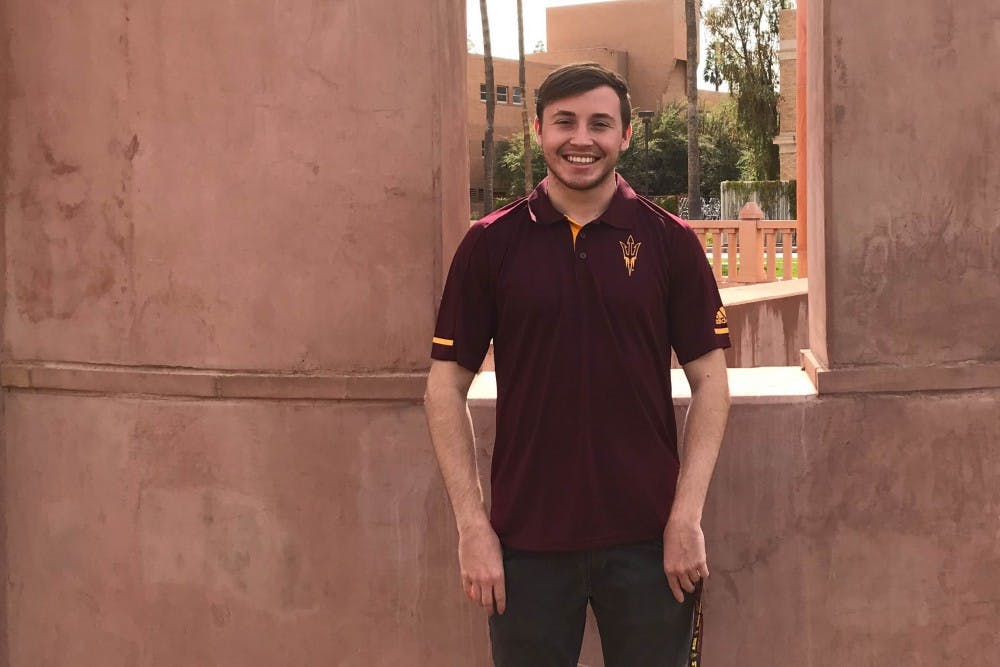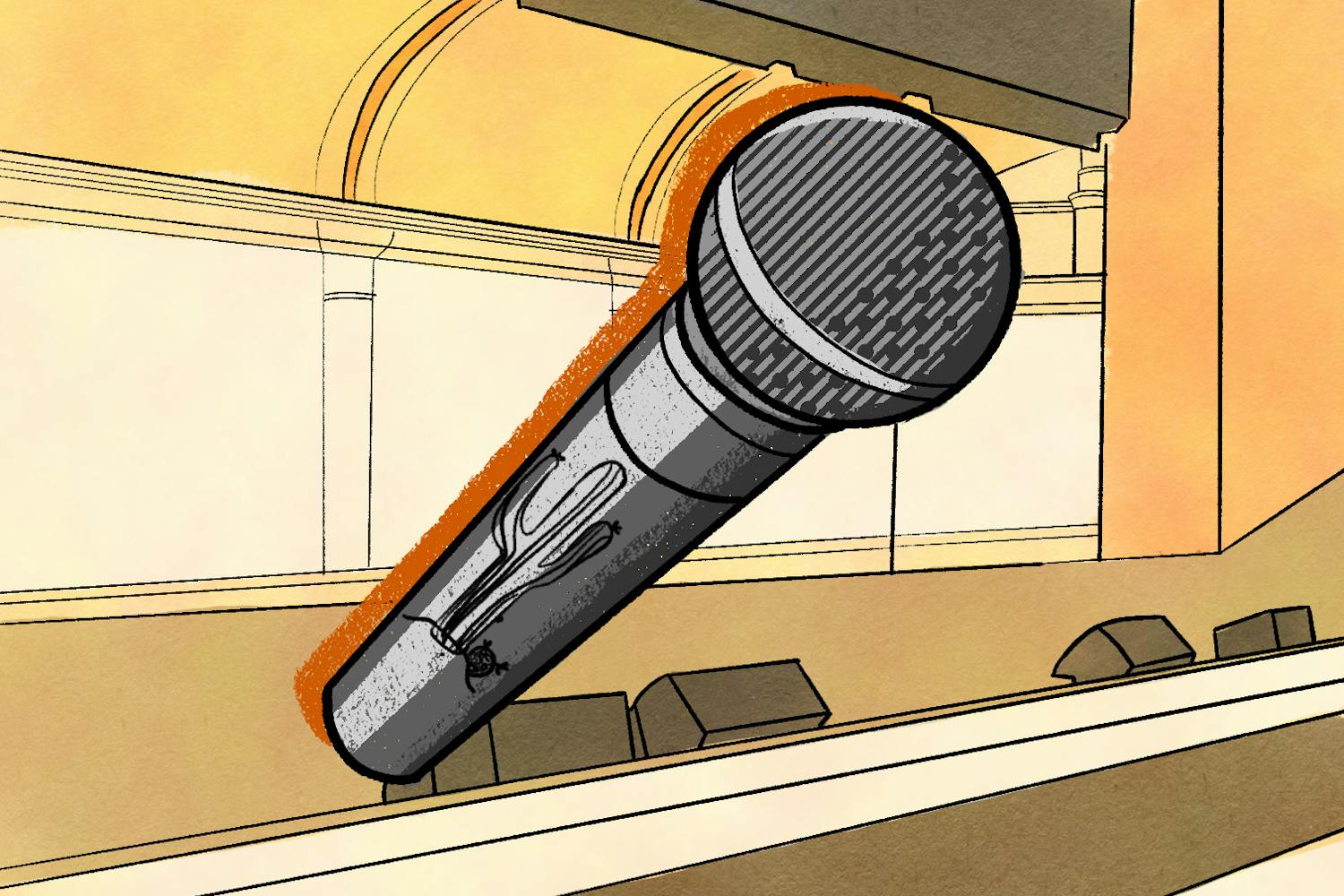Scattered around ASU's Tempe campus, a few black and white fliers are advertising a new fraternity coming to the University with a promise. This frat, according to the flier, is "where second chances happen."
For many of the students that rush on-campus fraternities, not getting in can be discouraging. Andrew Christiansen, a broadcast journalism junior, is looking to provide an alternative. Motivated by the pursuit of providing a second chance to students who may not have made it into the fraternity they pledged, Christiansen hopes to establish an Alpha Chi Rho chapter at ASU.
For him, the prospect of being involved with the chapter’s early stages offers potential members something that many of the longstanding fraternities at the University can’t: the chance to be a founder.
“I wanted to establish a fraternity that would give second chances to the people that didn’t get in to their desired fraternities, or that just wanted to be founders,” Christiansen said. “You will be a founder automatically, you won’t be a pledge when you join [Alpha Chi Rho].”
Alpha Chi Rho is one of the 66 college fraternities recognized by the North-American Interfraternity Conference. Since its foundation in 1895, the fraternity has expanded its reach to multiple college campuses across the country. But with the bulk of its chapters concentrated in the northeastern United States, their representation on south-western college campuses is practically nonexistent.
But the pressure that comes with straying from the conventional path has not been a deterrent, and Christiansen is confident in his ability to assemble a group that will be capable of overseeing the process, as well as representing the best of Alpha Chi Rho’s principles.
“We are the newest fraternity on campus,” Christiansen said. “By officially establishing ourselves as the fraternity of second chances, people will look at us differently ... I am looking for guys that want to be leaders. I want someone that’s going to be active. I’m looking for men that are serious about joining a fraternity and serious about becoming official on campus."
Biomedical engineering junior Mason Buseman is one of the founders that Christiansen has enlisted so far to do just that. Buseman, who is among the earliest to join the chapter’s development process, has contributed to the effort by reaching out to recruits to work with the group's vision.
“Alpha Chi Rho thrives off of the conception that anybody with the willingness to better themselves can and will do so,” Buseman said. “All members in Alpha Chi Rho are hoping to set a new example for fraternities by giving any willing member a chance to better themselves.”
Read More: 'Alpha Class' documents the rise and fall of a beleaguered fraternity
But setting themselves apart won’t be easy; more than 5,000 undergraduate students are already active within the greek life community across the 76 fraternities and sororities at ASU — 30 of which belong to the University’s Interfraternity Council. With nine founders currently supporting the chapter’s effort, distinguishing themselves among larger fraternities will be difficult.
However, the success of previously unestablished fraternity chapters that have managed to reach the goal Alpha Chi Rho is currently after sets a positive precedent. In the 2016-2017 academic year, five of the six organizations that joined ASU’s greek life community did so through the Interfraternity Council. And with more than 50,000 students enrolled at the University’s Tempe campus as of the Fall 2017 semester, there is an ample undergraduate population from which to recruit potential members.
Anthony Weedon, a senior majoring in business management, is also among the chapter’s early founders. Weedon, who has not had involvement with Greek life at the University prior to this experience, shared Christiansen’s opinion on the prospective chapter’s capacity to set itself apart.
“I think what makes us different is not focusing on parties or the stereotypical things you look at a fraternities as being, but more focusing on working with each other, creating stronger bonds, and trying to get the most out of each other,” Weedon said.
Reach the reporter at sleal2@asu.edu or follow @journaslam on Twitter.
Like The State Press on Facebook and follow @statepress on Twitter.




